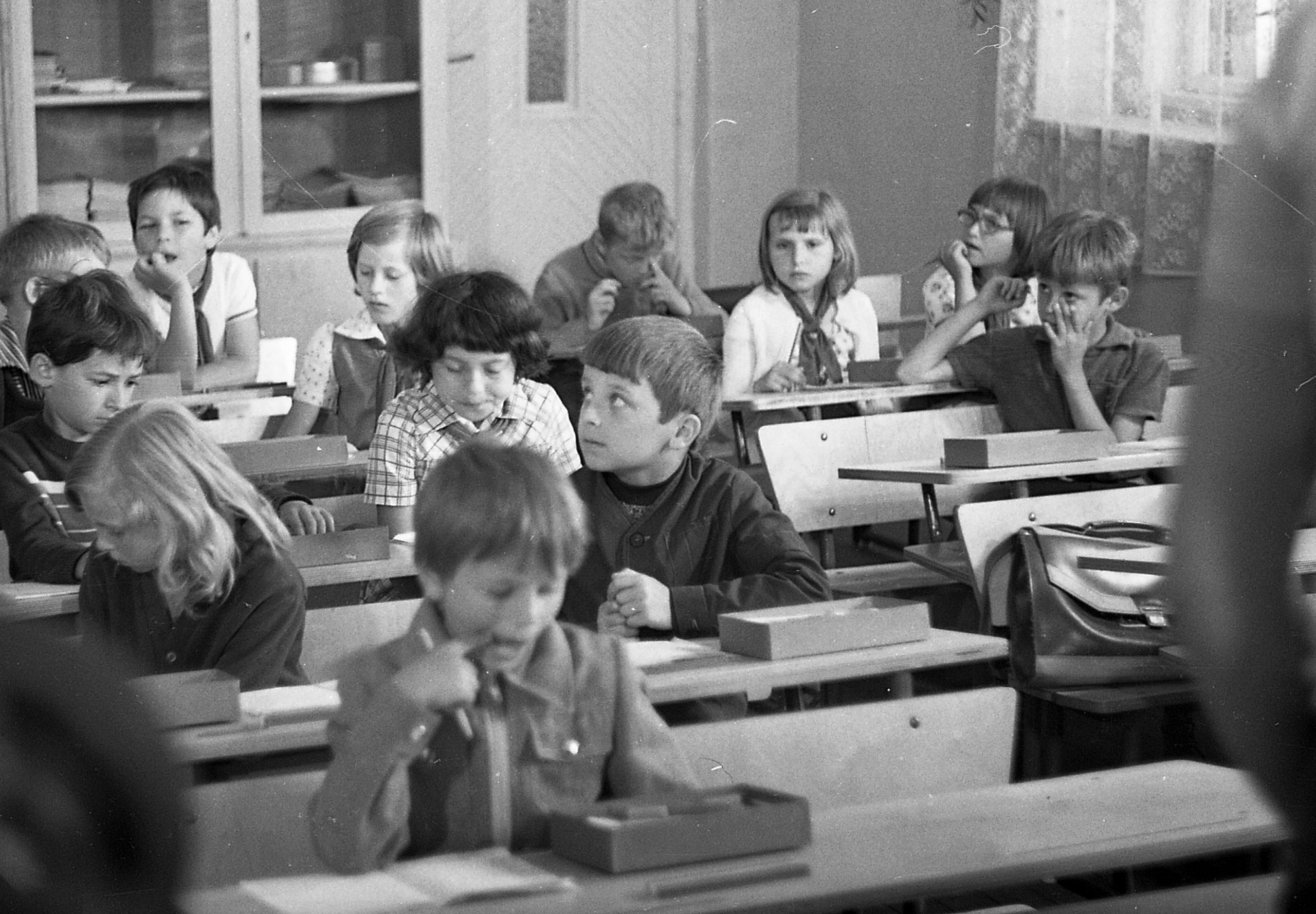The famous Canadian psychologist, public speaker, and journalist Malcolm Gladwell (Outliers, The Tipping Point) has a podcast. Called “Revisionist History,” it aims to give the past a second chance. More specifically, it takes something widely accepted—an event, controversy, book, person, phenomenon—and examines it from a completely different perspective. I was introduced to this podcast through English class, but since then I have been stunned by its unique angle of viewing the world. Each episode is like a plot twist, sometimes beautiful and sometimes heartbreaking. “Carlos Doesn’t Remember” is Episode 4 of Season 1 and is centered around the startling weakness of the American education system.
Carlos is intelligent. He’s a sophomore at an elite private school and receives good grades. His future looks promising; he’ll likely be seen at an equally elite university a few years later. So far, good—yet he has a highly complex and tangled back story.
The first thread in this tangle: Carlos wasn’t supposed to be in this elite high school. With his younger sister, he was shuttled between foster homes and could not attend school. It was Eric Eisner who found Carlos by chance and enrolled him in the high school. Eisner is the founder of the YES program, a program that aims to uncover intellectually promising children in difficult situations and put them in an environment where they can receive high-quality education. Carlos was one such discovery. In short, Carlos was certainly talented, but he got lucky. Eisner did all this for him, and Eisners—powerful advocates for smart, poor children—are sadly, utterly, and extremely rare.
Based on that, the second thread in the tangle is a question: how many Carloses, then—intellectually gifted children in dysfunctional homes—is the society losing? How many kids able to ace the SAT and ACT in one take are slipping through the American education system’s fingers? The widely accepted answer used to be: not many. The system is doing the best it can. But as soon as Caroline Hoxby of Stanford and Chris Avery of Harvard took it upon themselves to investigate that, this theory was completely nullified. There are many, many children out there who simply lack the advocate or opportunities Carlos was fortunate enough to receive. Those children are discouraged, forgotten, or affiliated with gangs before high school. Many don’t even have the opportunity to take a standardized test, let alone apply to an elite university.
Contrary to popular belief, says Gladwell, talent isn’t a shining, beckoning light; it’s fragile and unstable, like a candle, and easy to lose sight of. We’ve deceived ourselves into thinking that all the right doors were open: good grades lead to good colleges, good careers and successes, therefore the talented would march through those doors and succeed. Yet even with these beckoning opportunities aligned, countless Carloses are lost, from the educational world unaware of their potential.
This is where the episode becomes startlingly and heartbreakingly personal: Eisner asks Carlos if he wants to talk about what happened before high school, his story of a neglectful mother and “disastrous” foster homes. Carlos says, “In 8th grade, right? … I forgot.” He doesn’t remember, and it isn’t because he has a bad memory; it’s the opposite. Carlos is smart enough to see, even at age thirteen, that being a good student—focusing on getting good grades and taking care of his sister—is his only way out, his only chance of survival. He selectively narrows his focus onto this burden and filters out the other memories that may distract him from carrying it. It’s a strategy that no teenager should have to acquire. Yet other teenagers, like Carlos, have no choice but not to remember.
And this is only the tip of the iceberg; in terms of just how wrong the educational system is in thinking that talent is like an already-polished diamond shining up at them, and in terms of the penetrating, disturbing points about society that Malcolm Gladwell raises in this episode.
You can listen to “Carlos Doesn’t Remember” and many others at http://revisionisthistory.com/seasons.
